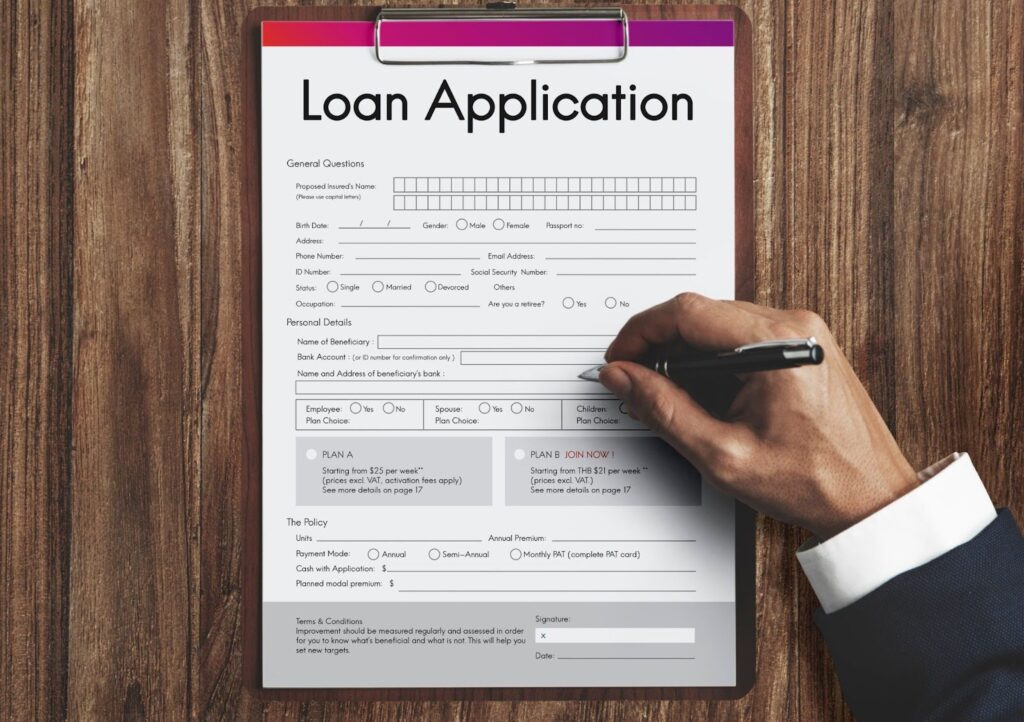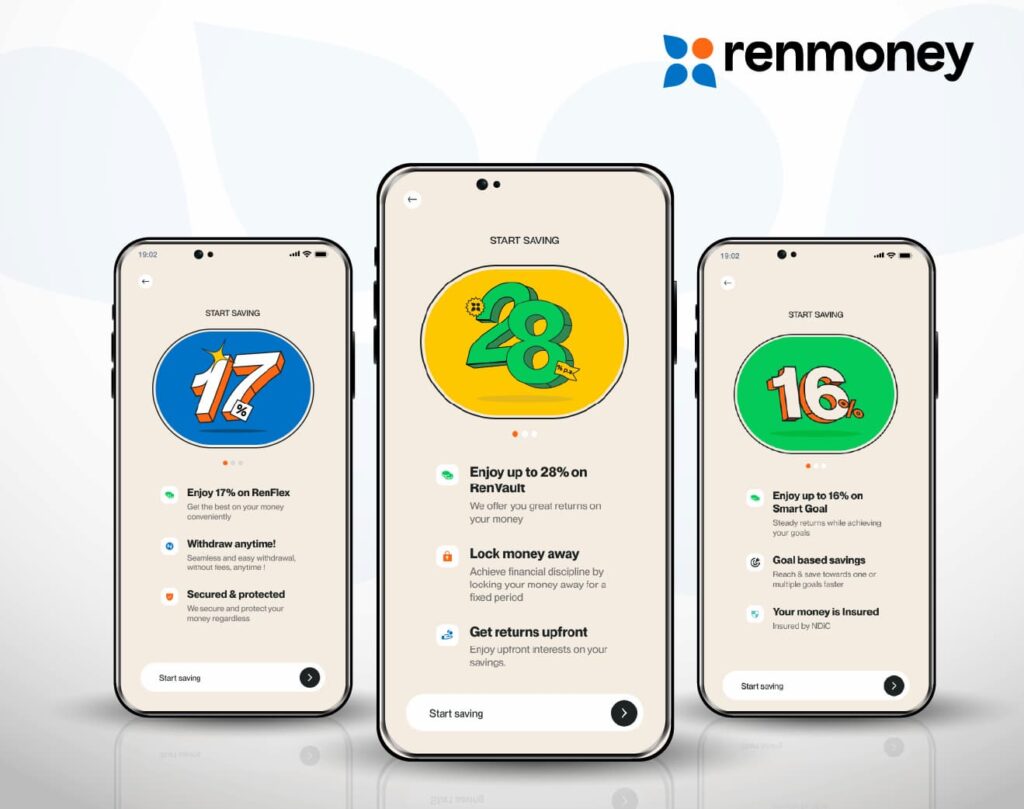Getting a loan in Nigeria can feel like asking your ex for money. It’s unpredictable and may end with “We regret to inform you…”
You’ve got a legit business or a stable 9–5, and you do not owe anybody (okay, except NEPA), but your loan still gets denied. Why? Because lenders in Nigeria don’t play. They follow strict rules, be it a bank, a loan app, or a cooperative society. Miss one, and you’re out.
In this guide, you’ll learn the common reasons Nigerian lenders decline loan applications—and what you can do to avoid such cases.
- 1. Your credit score is weeping
Many Nigerians don’t know they have a credit score—until it ruins their loan chances. If you’ve ever taken a loan, your payment habits are reported to credit bureaus like CRC Credit Bureau and FirstCentral.
If you delay payments or default, your name enters blacklist mode when another lender sees that in your record, they reject your loan.
How to fix it: Check your credit score regularly on FirstCentral, Credit Compare or CRC and clear any outstanding debts. Also, start repaying on time to build your score back up.
- 2. Your cash flow is unstable

Nigerian Lenders want to know you have a steady income to repay the loan. It looks risky if your bank account is empty today and full tomorrow. Even if you make good money, but in an irregular way, they might reject your request. They don’t just care about income—they care about consistency. Erratic inflow and outflow scream, “This person might ghost us after approval.”
How to fix it: Use one account for all transactions, especially business ones. This way, lenders see steady inflow and outflow, which builds trust.
- 3. You requested more than your financial weight can carry
Asking for ₦10 million when your monthly income is ₦100k is not feasible. Nigerian Lenders assess your debt-to-income ratio before approving anything. Automatic decline if the loan is bigger than what your finances can handle.
How to fix it: Request an amount that matches your income. If you need more, look for alternative funding sources, such as grants.
- 4. You have unpaid loans elsewhere
Nigerian lenders share information. If you owe a lender and try borrowing from another, they’ll find out. If your debt profile looks heavy, they assume you’re struggling and deny your request.
How to fix it: Pay off existing debts before applying for new ones.
- 5. Your documentation is poor

Nigerian Lenders need proof such as a valid ID, bank statements, an employment letter, business registration, and sometimes utility bills. Missing or inconsistent documents can kill your application fast. They need to trust who you are as much as your earnings.
How to fix it: Before applying, ensure all documents are complete, accurate, and up to date.
- 6. Your business is in a risky industry
Some industries may be labelled high-risk. These include betting, forex trading, and cryptocurrency. The same goes for industries heavily affected by policy changes, like ride-hailing or agriculture.
- How to fix it: If your industry is considered risky, provide additional proof of stability, such as long-term contracts, positive financial records, tax returns, etc.
7. You don’t have collateral (For bigger loans)
- For high loan amounts, lenders ask for collateral—land, property, cars, or fixed deposits. The lender may not take the risk if you have nothing valuable to offer.
How to fix it: If you don’t have collateral, try microfinance banks like Renmoney, digital lenders, or cooperative societies that offer loans without heavy security requirements.
- 8. Your employment or business is not stable
Lenders love stability. If you’re changing jobs frequently or your business isn’t registered, they assume you may not repay.
How to fix it: Stay in a stable job for at least 6 months before applying. If you’re a business owner, register your company with CAC to appear more credible.
- 9. Your BVN gave you away
Banks check your Bank Verification Number (BVN) to track your financial history. That unique Bank Verification Number (BVN) connects all your financial activity. You won’t get the loan if it’s linked to fraud, unpaid loans, or suspicious activities.
How to fix it: Keep your financial records clean. Monitor your financial footprint regularly and resolve any flags as soon as possible.
In conclusion,
If Nigerian lenders keep declining your loan applications, it’s not personal—it’s procedural. Your loan rejection could be due to one or more of these issues named above.
To improve your chances of loan application approval in Nigeria, maintain a solid credit history, keep your cash flow consistent, be honest about what you can afford and make sure your BVN and documents are in order. Loans in Nigeria aren’t impossible to get—you just have to understand what lenders want and avoid the common mistakes that lead to rejection.
Read More:
Want to increase your chances of loan approval without collateral? Check out how to get a personal loan from Renmoney.




3 thoughts on “Common reasons Nigerian lenders decline loan applications”
Thanks for the enlightenment, I have been seeing your advert and now impressed of your guinueness.
I registered a business name early this and will to open a current account with you.and possibly get more financial advice from you.
What is your interest rate?
Thanks.
Hi love this app thanks
Please help me with a micro loan to run my newly established Restraunt/Nkwobi Business at my Community Market, Afor- Umuhu, Okwuato in Aboh Mbaise.